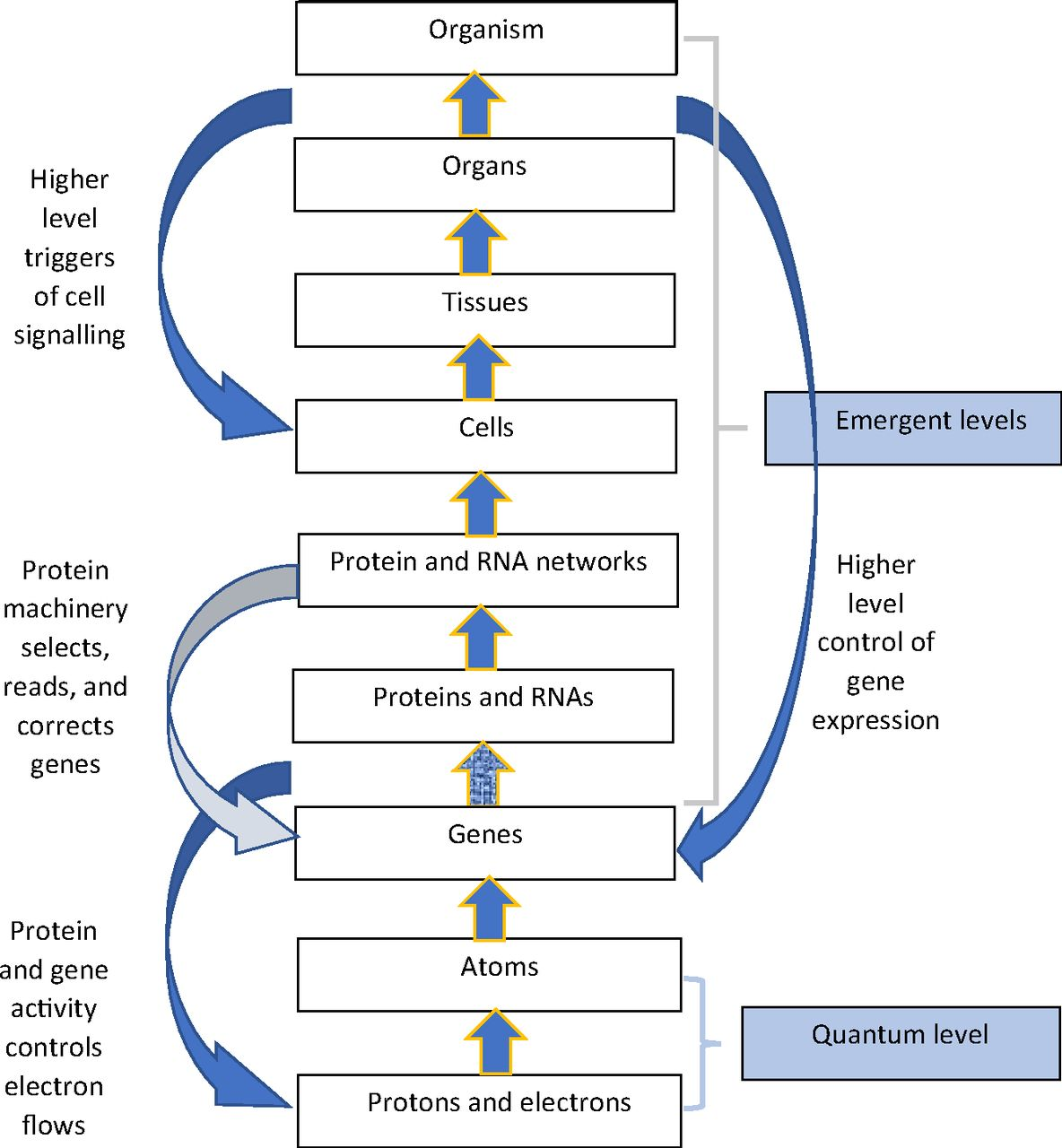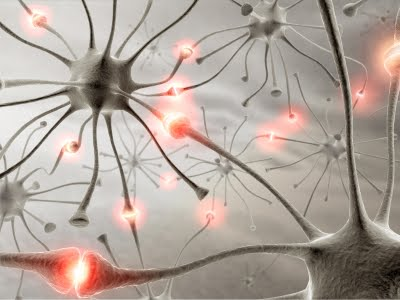The concept of a philosophical zombie is incoherent. Take your quote:
[T]hey are exactly like us in all physical respects but without conscious experiences: by definition there is ‘nothing it is like’ to be a zombie. Yet zombies behave just like us, and some even spend a lot of time discussing consciousness.
Let's imagine, for the sake of argument, two universes:
- C-world, where people are conscious, and
- P-world, where all the people are replaced by philosophical zombies that behave just like them.
Also assume that Jungian synchronicity isn't a thing, i.e. cause and effect applies. (I don't think this is particularly controversial, but I am stating my axioms nonetheless.)
The “real” Robert Kirk, in C-world, is conscious. C-Socrates comes along and asks C-Kirk whether he is conscious. C-Kirk hears this question, thinks about it, and replies: “Yes.”
Meanwhile, in P-world…
P-Socrates: Are you conscious?
P-Kirk: Yes.
Therefore, consciousness doesn't play a role in answering the question “Are you conscious?”. P-Kirk is also a professor of philosophy at the University of Nottingham, so consciousness doesn't play a role in publishing philosophy papers.
In fact, by observing the inhabitants of P-world, we find that consciousness doesn't play any part in:
- Playing sports.
- Political discourse.
- Love.
- Poetry.
- Music.
- Despair.
- Joy.
It turns out that the presence of consciousness has no effect on external reality whatsoever! Which… doesn't really sound like the concept I'm referring to when I say “consciousness”; I am conscious, and I am writing this sentence because I am conscious, so my consciousness does cause things to happen.
I'm going to stop writing “conscious” for now, replacing it with:
- “wachooey”, for the property that C-people possess but P-people don't; and
- “mome”, for the property that leads people to say stuff like “I think, therefore I am”.
Here's a causal diagram for "a C-person sees a pen, thinks about writing a book, and goes to get some paper":
+--> light enters eye --> ??? -+--> wachooeyness
light emitted from sun | v
| | +-- mome awareness of pen
+------> light hits pen |
v
+---------- mome thought about writing a book
V
mome thought about getting paper ---> goes to get some paper
Now, there might be a whole parallel wachooey thought structure, and mome thoughts might constantly feed into it (or something), but whatever it is, wachooeyness doesn't cause anything in reality.
Consciousness (momeness) causes things in reality, or we wouldn't be arguing about it. Therefore, the thing that philosophical zombies do not possess (wachooeyness) isn't what we usually call consciousness. This is just a variant of the "if a tree falls in a forest" problem.
Isn't a "conscious experience", such as seeing the color red, just a firing of neurons in a certain area of the brain that triggers other neurons and eventually leads to us saying "I see red"?
“Just”?
Nothing is 'mere'. – Richard Feynman
Yes, in all likelihood, human brains are made of mere neurons, made of mere atoms. But that doesn't mean you can put any old chain of neurons together, trigger the first and produce a conscious experience.
By way of analogy, Portal (2007) is a long sequence of bits, plus a description of a processor architecture (x86) and graphics interface (DirectX). Does that mean that it is just a long sequence of bits, plus a description of a processor architecture and graphics interface? That description is not enough to give you a homicidal science-addicted rogue AI, mute protagonist or series of puzzles in an abandoned testing facility; you're unlikely to even get an executable program.
Now, we¹ don't know where consciousness comes from – ideas range from "only neurotypical humans" (even "only me" is less absurd than this!) to "all sufficiently complex computers" (slightly less absurd, but still absurd, unless "sufficiently complex" is defined circularly). But dismissing it as
just abstractions our brains make to organize and manipulate inputs and memories before producing an output
is… well, unjustifiably dismissive. Not all possible such abstractions are consciousness; you're just glossing over the thing that makes consciousness special. Don't tell me that:
a firing of neurons in a certain area of the brain that triggers other neurons and eventually leads to us saying "I see red"
is a good enough description for you to create the experience of "seeing red", even in theory. That's the standard we need to hold ourselves to before we say we've explained anything. Otherwise, Pythagoras solved all philosophy when he declared "all is number".
¹: By which I mean "I don't know, and I'd expect the world to look different if somebody else knew".
Why do few people think zombies exist?
They're usually in one of two camps:
- A separate (dualistic, metaphysical) consciousness is required for human behaviour – if you took this away, you wouldn't have something that acted like a human. Therefore, philosophical zombies are impossible.
- Wachooeyness is not consciousness, so there's no such thing as a zombie – therefore, they're impossible.
I don't think you disagree with the second camp, except in your mapping of words to meaning. You conclude that, since there's no difference between C-people and P-people, we're all P-people. Type-2 zombie deniers conclude that, since there's no difference between C-people and P-people, the concept of P-people is incoherent. Neither position is wrong, but type-2 zombie deniers retain a useful meaning of the word "consciousness" (i.e. momeness), so I personally prefer their standpoint.
So I guess my question is what the philosophy of the mind is really about.
Philosophy of the mind is about answering questions about the mind. Much philosophy of the mind is out of date – philosophers of ages past spent centuries tackling complicated questions that we can now just look at the answers to (and, to their credit, they usually at least identified the right answers as possibilities, and got the right answers often enough that many otherwise groundbreaking discoveries in neuroscience were already old news). Things like "free will" that many amateur philosophers seem obsessed with are solved problems.
Won't physics, chemistry, and neuroscience eventually fully explain why humans act the way they act?
Perhaps. But we're not at the point where mind philosophy is immediately outdated; there's still some really interesting stuff going on at the cutting edge, like the research into ethics and reason. Plus, somebody has to look at the implications of new discoveries, and build up coherent models of what makes humans tick; in my experience, that work's mostly been done by philosophers.
My prediction is that, given sufficiently advanced neuroscience, philosophers will finish the complete explanation of why humans act the way they act before science catches up. (But even then, the explanation won't be complete enough to make non-trivial predictions about human behaviour; humans are just too complicated.)



